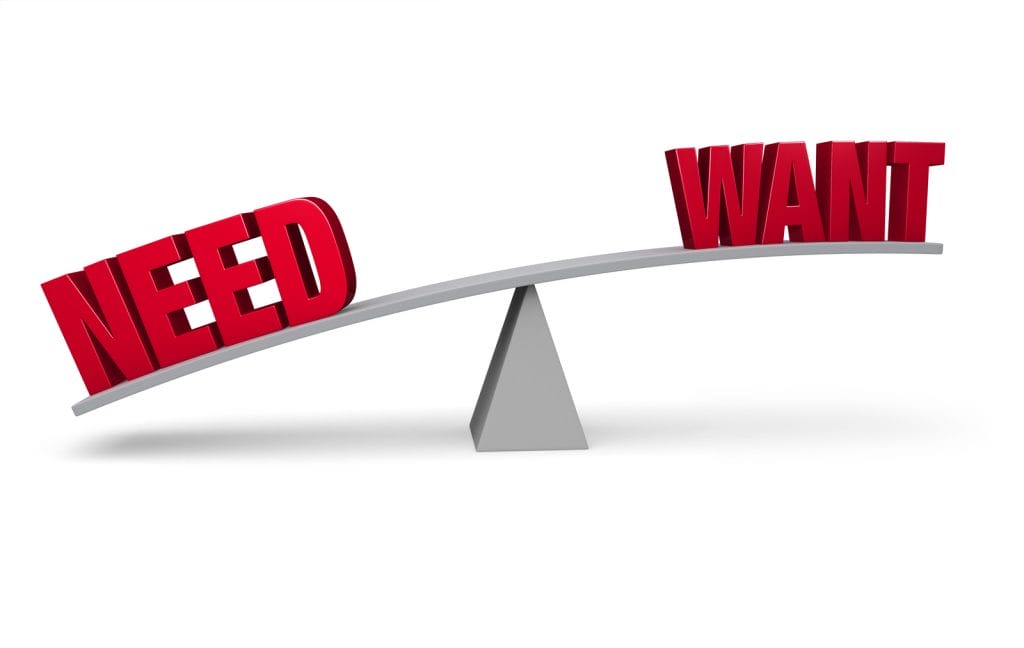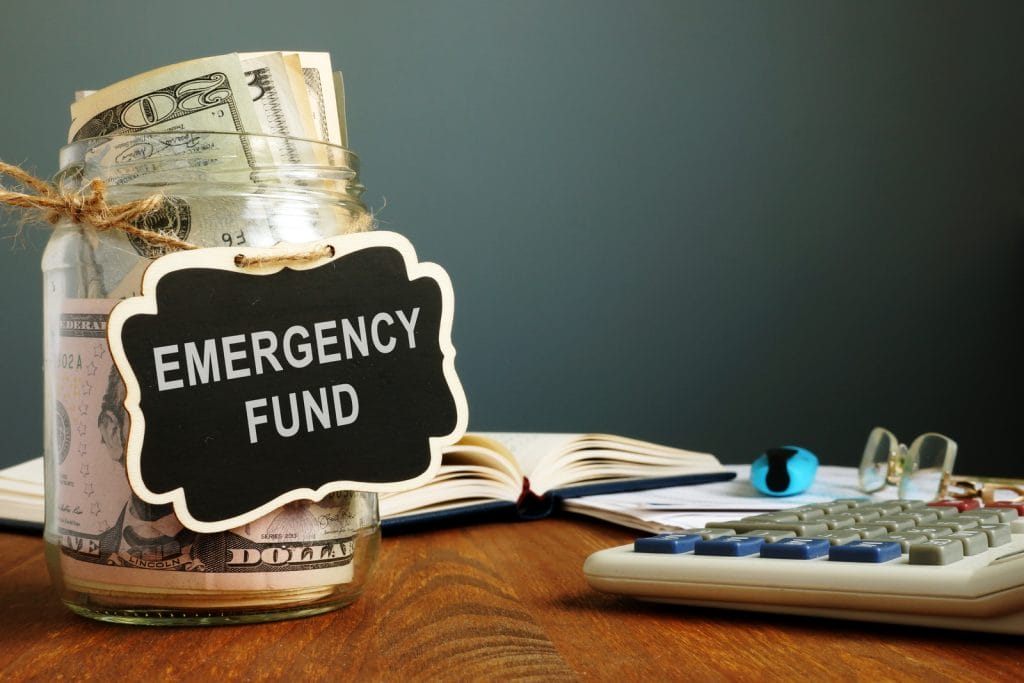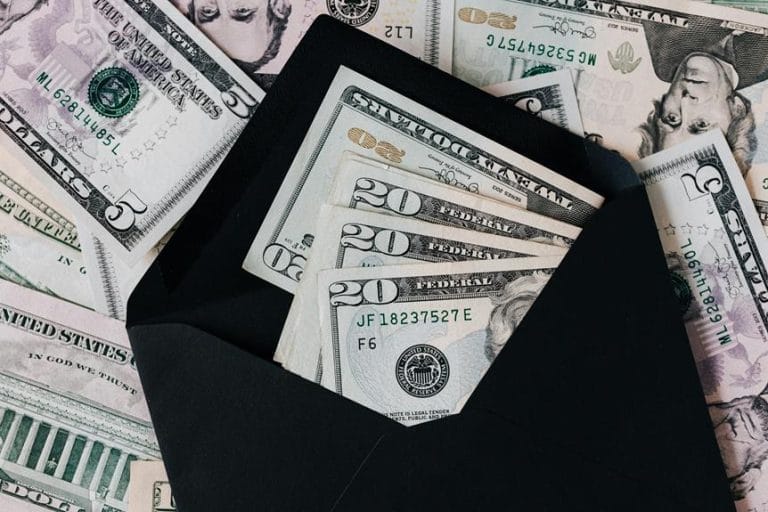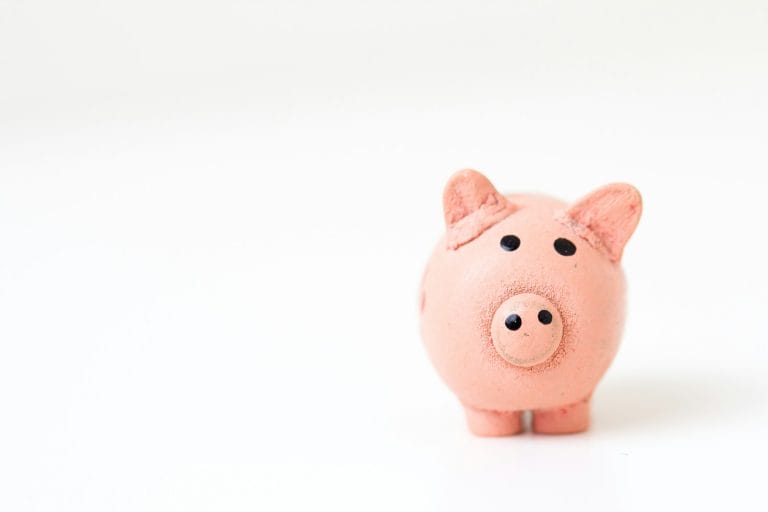Could embracing minimalism be your ticket to financial freedom?
By cutting out unnecessary expenses and focusing on what truly matters, you can free up more money for saving, investing, and paying off debt.
Minimalism helps you differentiate between needs and wants, fostering mindful spending habits and a clearer vision of your financial goals.
While there might be some trade-offs, the benefits of a minimalist lifestyle can be significant.
So, is minimalism the secret to achieving your financial independence?
Short Version
- Minimalism helps you spend less, save more, and pay off debt faster, making it easier to achieve financial freedom.
- By focusing on what you really need instead of what you want, you can spend money more wisely and save a lot over time.
- Living a minimalist lifestyle allows you to invest more towards important financial goals, like building an emergency fund and saving for retirement.
- With minimalism, you can use your money for meaningful experiences and learning new skills instead of buying things you don’t really need.
- Minimalism gives you the freedom and peace of mind to follow your passions by living within your means and prioritizing financial stability.
Can Minimalism Reduce Expenses and Increase Savings?
By embracing the principles of minimalism, you can greatly reduce your expenses and boost your savings in several practical ways. When you adopt a minimalist mindset, you’ll find yourself spending less on possessions, focusing only on what you truly need. Say goodbye to impulse purchases and hello to more money in your bank account!
Minimalism encourages mindful spending, helping you distinguish between needs and wants. You’ll start questioning whether you really need that latest gadget or trendy outfit, and more often than not, you’ll realize you can live without it. This shift in perspective can lead to significant savings over time.
By owning fewer possessions, you can comfortably live in a smaller space, which means lower housing costs. Imagine the financial freedom you’ll experience by paying less in rent or mortgage payments each month. Plus, you’ll save on utility bills and have less to clean and maintain. It’s a win-win situation!
Minimalists also tend to cut back on recurring expenses that don’t add value to their lives. Do you really need that cable TV subscription or gym membership you rarely use? By eliminating these unnecessary costs, you’ll free up more money to put towards your savings goals.
How Does Minimalism Help Eliminate Debt?
Minimalism not only helps you save more money, but it can also play a powerful role in reducing your debt burden. By embracing a minimalist lifestyle, you can tackle debt head-on and pave the way to financial freedom.
How, you ask? Well, it all starts with conscious consumption. When you prioritize your needs over your wants, you’ll find yourself spending less on unnecessary purchases. That means more money in your pocket to put towards paying off those pesky debts!
Minimalism also encourages you to declutter and sell off the stuff you no longer need. Imagine turning your old collectibles and dusty gadgets into cold, hard cash. Cha-ching! That’s extra money you can use to knock down your debt.
With fewer expenses to worry about, creating and sticking to a budget becomes a breeze. You’ll have a clearer picture of where your money is going and can allocate more towards debt repayment. It’s like having a financial GPS guiding you to debt-free land!
Minimalism also cultivates financial intentionality. By breaking free from the cycle of overconsumption, you’ll become more mindful of your spending habits. Every dollar will have a purpose, and that purpose is to crush your debt and build a solid financial foundation.
Distinguishing Needs vs. Wants with Minimalism

One of the most transformative aspects of embracing minimalism is how it reshapes your understanding of needs and wants. As you immerse yourself in the minimalist lifestyle, you’ll start to question the consumerist mindset that’s been drilled into your head for years. You know, the one that tells you to buy, buy, buy because you ‘need’ the latest gadget or trendy outfit. But do you really?
Minimalism encourages you to prioritize your true needs and let go of the excess. It’s like decluttering your closet, but for your finances. You’ll start to realize that many of your so-called ‘needs’ are actually just wants in disguise. That shiny new phone? Probably a want. A roof over your head? Definitely a need.
By adopting a minimalist perspective, you’ll develop a habit of asking yourself, ‘Do I really need this?’ before pulling out your wallet. This simple question can be a game-changer for your financial freedom. You’ll find yourself making more mindful purchases and avoiding the trap of overconsumption.
Minimalism isn’t about deprivation; it’s about simplifying your life and focusing on what truly matters. When you prioritize experiences, relationships, and personal growth over material possessions, you’ll discover a newfound sense of contentment and gratitude.
And who knows? You might even have a few extra bucks in your pocket to invest in your future or splurge on a well-deserved vacation. So, embrace the minimalist mindset and watch as your perspective on needs and wants transforms before your eyes.
Financial Goals Enabled by a Minimalist Lifestyle
Embracing a minimalist lifestyle can make your financial dreams feel more attainable than ever before. You’ll find it easier to build up that emergency fund, pay off unwanted debts (so I’ll guess almost all debt?), and boost your savings and investments.
And who knows, with a bit of minimalist magic, you might even achieve the holy grail of financial independence and have more cash to splash on those meaningful experiences that truly matter to you.
Building an Emergency Fund

By spending less on unnecessary purchases, you can build your emergency fund faster, providing a critical financial safety net. Minimalism helps you prioritize saving over spending, so you can set aside a portion of each paycheck for your rainy day fund. You’ll be amazed at how quickly it grows when you’re not blowing your budget on impulse buys!
Having an emergency fund is a key step towards financial freedom. It gives you a buffer against life’s curveballs, so you don’t have to rely on credit cards or loans when unexpected expenses pop up. And let’s face it, they always do! Whether it’s a car repair or a medical bill, you’ll be prepared to handle it without going into debt.
Knowing you have that safety net can give you some serious peace of mind. No more lying awake at night worrying about what you’d do if you lost your job or had a financial emergency. With a healthy emergency fund, you can sleep soundly knowing you’ve got your own back.
Paying Off Debt
With fewer expenses draining your bank account each month, you can focus on paying down debt and becoming financially free. By embracing minimalism, you’re taking a big step on the path to financial independence.
Instead of wasting money on stuff you don’t really need, like that fancy gym membership or the subscription box filled with trinkets that just gather dust, you can redirect those funds towards crushing your debt.
Think about it – every dollar you save by living minimally is an investment in your debt-free future. Whether it’s credit card balances, student loans, or a mortgage, minimalism gives you the power to tackle those debts head-on.
By simplifying your life and spending intentionally, you can make serious progress on paying off what you owe. And hey, just imagine the sense of relief and accomplishment you’ll feel when those debt balances finally hit zero!
Increasing Savings and Investments

As you trim the fat from your budget and embrace a leaner lifestyle, you’ll find it easier to boost your savings and investments. With fewer dollars tied up in stuff you don’t really need, you can channel that cash towards your financial goals.
Want to build an emergency fund? Check. Dreaming of a cushy retirement? You’re on your way.
By adopting a minimalist mindset, you’re not just decluttering your space – you’re decluttering your finances too. Instead of spending money on things that lose value faster than a new car driving off the lot, you’ll be able to invest in your future. You can do that by investing in your 401K, the S&P500 or even better (for the environment), green stocks or ETF’s!
And hey, who doesn’t want a future filled with financial freedom and peace of mind?
Achieving Financial Independence
Embracing minimalism creates a clear path to financial independence, making it easier to achieve major money milestones like paying off debt, building a substantial emergency fund, and even retiring early.
When you cut back on unnecessary expenses and live below your means, you free up more of your income to put towards these important financial goals.
Imagine being able to pay off your student loans or credit card balances years ahead of schedule, just by trimming the fat from your spending.
And how about the ultimate dream – retiring in your 40s or 50s to travel, volunteer, or finally write that novel? With minimalism, it doesn’t have to be just a pipe dream.
Funding Meaningful Experiences
By freeing up financial resources, minimalism allows you to invest in meaningful life experiences that bring memories, lasting joy and personal growth. Instead of spending your hard-earned cash on material things that quickly lose their luster, you can prioritize adventures that enrich your life.
Want to finally take that dream vacation to Italy? Go for it! Enthusiastic to learn a new skill like photography or cooking? Sign up for those classes you’ve been eyeing.
When you’re not bogged down by the weight of excessive possessions, you’ve got more flexibility to pursue what truly matters to you. Whether it’s traveling the world, volunteering for a cause close to your heart, or diving head first into a passion project, minimalism gives you the financial freedom to make it happen.
Potential Downsides of Financial Minimalism

While financial minimalism offers many benefits, it’s important to recognize the potential downsides and trade-offs that come with this lifestyle choice. It might not be for anyone, or at least, not right away.
One of the biggest challenges is the importance. By focusing so intently on saving and frugality, you might miss out on experiences, travel, or little luxuries that could bring a smile to your face. It’s like constantly eyeing the dessert menu but never indulging in a slice of chocolate cake because your on your self induced diet!
Another potential pitfall is the strain it can put on relationships. If you’re all about pinching pennies but your partner dreams of romantic getaways, there could be some tension. It’s essential to find a middle ground where both of you can be happy without breaking the bank. So talking about finances is a big issue in sustainable love.
There’s also the risk of regret down the road. Sure, you might achieve financial independence, but will you look back and wish you’d enjoyed your money a bit more along the way? It’s a delicate balance between saving for the future and living in the present.
Extreme frugality can also limit your flexibility to seize opportunities or adapt to changes that require some upfront costs. And don’t forget the psychological impact. Constantly restricting yourself can lead to feelings of deprivation or resentment, which isn’t great for your overall well-being.
So, if you’re still ready to embrace your inner minimalist, go ahead and give it a shot!
It may take some adjusting, but the payoff is worth it. Just imagine the weight lifted off your shoulders when you’re debt-free and have a cushy savings account.
Minimalism might just be the key to achieving your dreams of a bright life!


